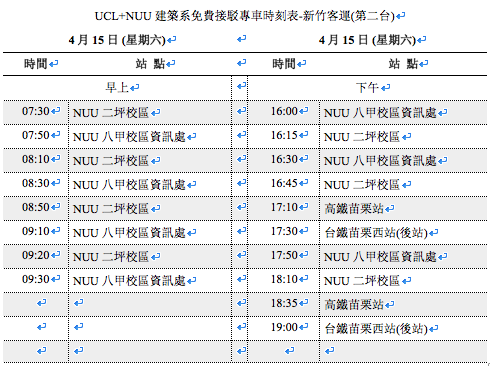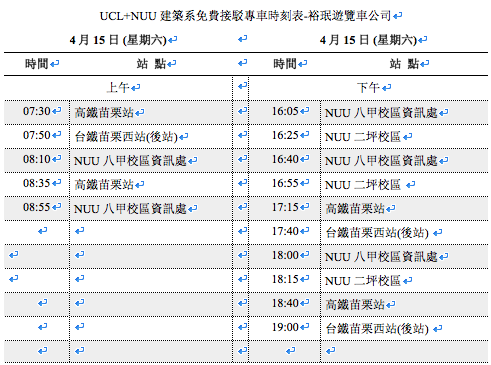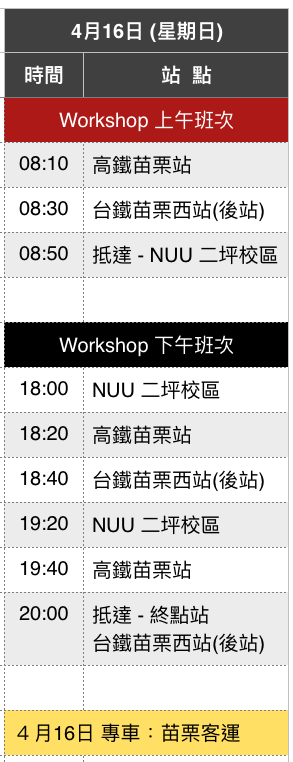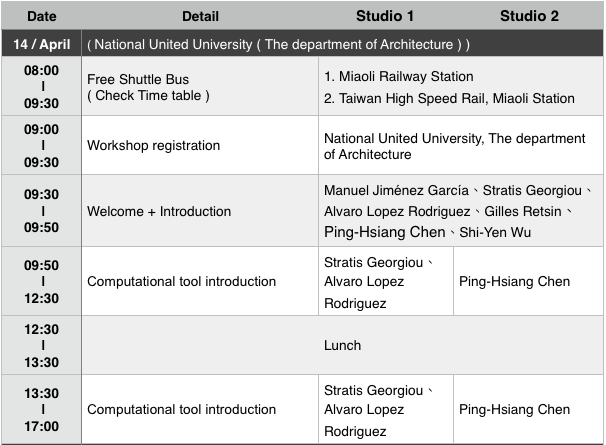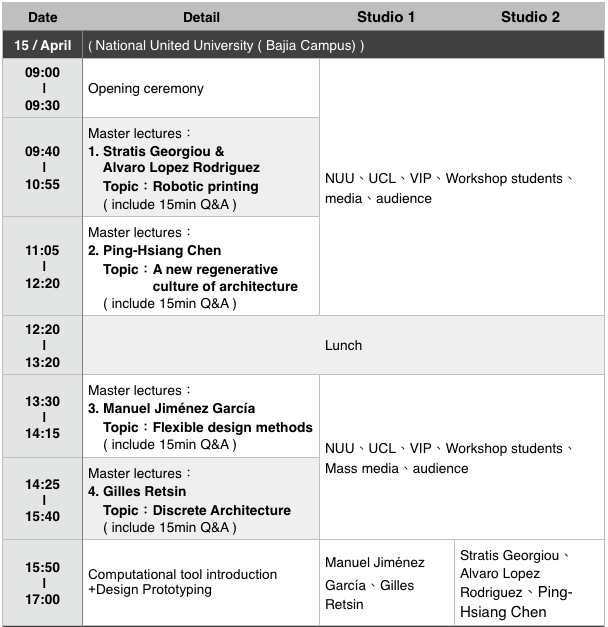Our university for science and technology dates back to the year 1855, when the founders of modern-day Switzerland created it as a centre of innovation and knowledge.
At ETH Zurich, students discover an ideal environment for independent thinking, researchers a climate which inspires top performance. Situated in the heart of Europe, yet forging connections all over the world, ETH Zurich is pioneering effective solutions to the global challenges of today and tomorrow.
Self-image and values
ETH Zurich regards itself as an institution with regional and national roots that is fully integrated in the international academic community. It measures itself in all respects against the world’s leading universities – from its education and research to its management.
ETH Zurich follows these basic principles:
It enables creativity
ETH Zurich fosters a culture of empowerment. It makes space for creativity and backs innovative and unconventional ideas.
It encourages expertise and initiative
The university has great faith in the many and diverse skills and talents of its members and supports them regardless of their gender, age or cultural, religious or social background. Encouraging a wide range of opinions is part of the university’s institutional identity and is a key factor behind the high level of motivation among members of the university.
It links education and research
A university education at ETH Zurich is inseparably linked to fundamental research at the highest level. All academic members of ETH Zurich play a part in teaching students and try to involve them in their research as soon as possible.
It shares knowledge
The distinguishing feature of an education at ETH Zurich is the teaching of sound knowledge of mathematics and other fundamental sciences. Courses on the humanities and social and management sciences are also an integral part of the education provided by the university. They impart knowledge that is essential for gaining a thorough understanding of social issues.
It operates sustainably
The ideas and work of ETH Zurich are characterised by sustainability, not only in education and research, but in all aspects of university life.
Department of Architecture
Every design created by students at the Department of Architecture (D-ARCH)—for houses, cities, or landscapes—is also a design for a different world. A plaster model of a bus station, a sketch of a wind farm, or a video about a youth center are also proposals for a new form of language, a new way of living together, and a new kind of space. These thousands of imagined futures plus our awareness of the contingency of the world—that it could be thus, or different—are the forces that keep the discipline of architecture in motion. It is the common goal of those at D-ARCH who learn, research, teach, and manage the scope of our discipline to critically revise and improve the study of architecture, to know and expand its boundaries.
Because of the endless variety of possibilities, a design—whether built or not—is basically never finished. Our first-semester students could take up where the architects of, say, Hagia Sophia left off, and enter into an architectural dialogue with the building, even if today hardly anything connects us with the time of its construction. The discipline of architecture is not about solving problems, reducing complexity, or optimizing functions, but rather about making problems fruitful, articulating complexity, and giving a face to functions. There is a consensus at D-ARCH that the feasibility of a design is a criterion for its quality, but that should not mean that imagination has to be curtailed. Our aim is that the joy of experimentation and speculation is not stifled but ultimately benefits our discipline. Knowing the boundaries of architecture also means ensuring it does not fall into the wrong hands or turn against human beings. This love of our discipline, which arouses envy in some and mistrust in others, is what we call the autonomy of architecture.
D-ARCH is not a simulation of the “real” discipline of architecture, but one of its engines. Diverse, highly-skilled specialists interact here in close proximity and with the protection of academic freedom. Their expertise ranges from the development of new construction systems to conservation, from the use of robotics to historiography and sociology, from the creation of informal settlements to the design of landscapes, buildings, and urban networks. The fact that ETH Zurich, since its founding in 1855, has guaranteed this freedom to architecture is both a privilege and an encouragement to everyone at D-ARCH.


